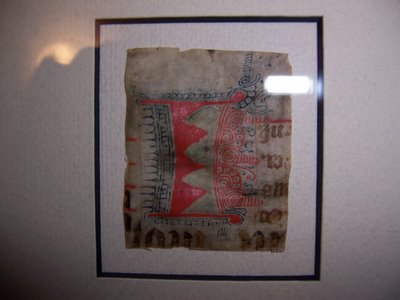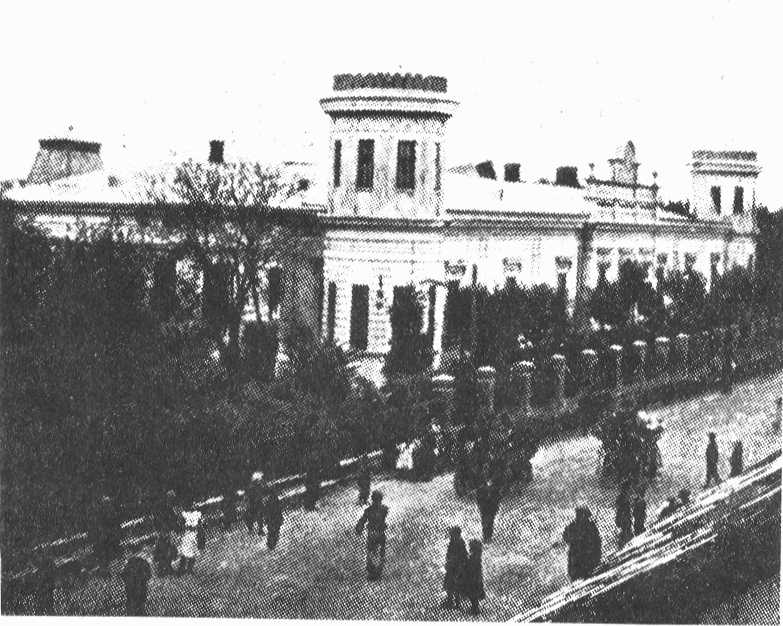Tales from the Old Country I
My great grandfather had left the day before to take his brother-in-law to meet his future bride. They were riding through the country on their cart when they were ambushed by a gang of bandits affiliated with Simon Petlyura. The peasant driving the cart was told to hit the road, my great grandfather and his brother-in-law, being Jewish, were shot.
When my great grandmother heard the news, she went into some type of trance. For a year she did not recognize her own family, she had to be fed and taken care of like a child. Every day she would get up and walk in circles around the dining room table. Her mother took care of 5 year old Sophia and her little brother. After a year, my great grandmother was pulled aside by her mother and told that it was time to snap out of it; her children needed her. She also tried to talk her into going to America. But Leah said to her "Why should we go to America? We can build our own America right here!"
It is astonishing in retrospect how a decision can affect the lives of so many people decades down the road. My grandmother's family stayed in the Ukraine and survived the Civil War, the Great Famine, the Stalinist purges, the Second World War, and all the troubles of the 50's, 60's and 70's before ultimately coming to America. What would my life be like if instead they got on that boat in 1918?




